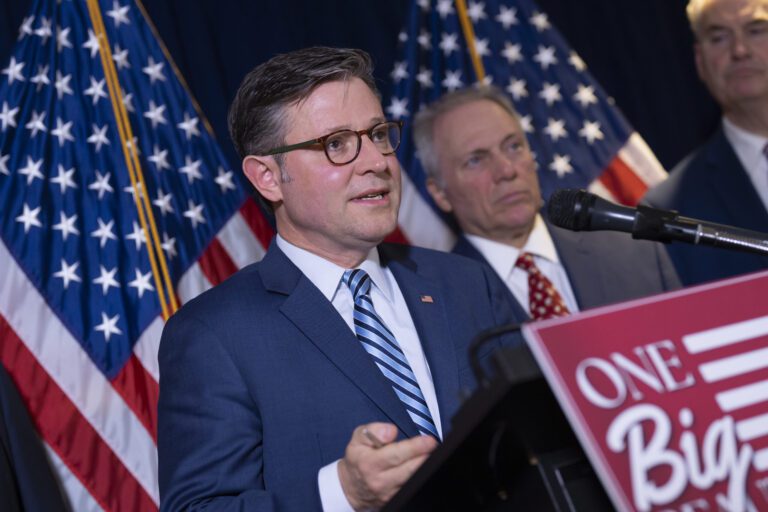House of Representatives Faces Standstill Over Crypto Bills
The House of Representatives is currently experiencing a significant legislative impasse due to a faction of conservatives opposing a trio of cryptocurrency bills supported by President Trump. The conservative hardliners are demanding comprehensive changes regarding the proposed regulations for digital currencies, particularly concerning the potential implementation of a government-backed digital dollar.
Key Developments in the Crypto Legislation
The recent turmoil surfaced during a procedural vote on Tuesday surrounding what’s known as a "rule," which is meant to facilitate discussion on legislative proposals. The House aimed to initiate debate on three critical crypto bills along with the annual Department of Defense funding bill. However, 13 Republicans, alongside all Democrats, voted against this procedural rule, effectively halting the legislative process.
- Major Vote Breakdown:
- Against the Rule: 13 Republicans + All Democrats
- Representative Vote: Majority Leader Steve Scalise cast a “no” vote with plans to revisit the motion later.
The Demand for a Comprehensive Package
A primary sticking point for the hardliners in the House Freedom Caucus is the proposed GENIUS Act, a key element of the crypto legislation. Representative Andy Harris, chairman of the caucus, commented on the situation:
“It was about central bank digital currency. We have to put a stake through its heart. Permanently.”
Harris and his colleagues insist that all three crypto bills must be addressed as a complete package. They are particularly concerned that the Senate version lacks provisions for banning the Federal Reserve from issuing government-backed digital dollars.
The Risks of a Central Bank Digital Currency (CBDC)
One notable bill that could have been debated is the Anti-CBDC Surveillance State Act, aimed at curbing the creation of a central bank digital currency. This legislation, however, faces considerable hurdles if it were to progress to the Senate, requiring 60 votes to overcome potential filibusters, especially given Democrat opposition.
Tom Emmer, the majority whip and sponsor of the anti-CBDC measure, explained the significant risks associated with a CBDC:
“In short, a CBDC is government-controlled programmable money that could give the federal government unilateral authority to surveil Americans’ transactions and restrict politically unpopular activity.”
Implications for Upcoming Legislative Sessions
If this legislative deadlock continues, the House could be forced to adjourn for the remainder of the week. As noted by Warren Davidson, a Freedom Caucus member who supported the rule:
“That was the rule for the whole week.”
The current opposition raises significant concerns regarding the advancement of President Trump’s DOGE agenda. The Senate is also deliberating over a proposed rescissions package to retract $9 billion from appropriated funds for various programs, including PBS, NPR, global health initiatives, and foreign aid.
The House previously passed this bill; however, if Congress fails to approve it by the impending deadline, the entire process will reset, necessitating another round of voting from the House.
Moving Forward
The situation remains fluid as House members grapple with the conflicts surrounding cryptocurrency regulation. The uncertainty of legislative outcomes presents challenges not just for crypto enthusiasts but also for broader funding efforts linked to various government programs.
For ongoing coverage and updates, check out sources like Reuters and Politico for in-depth analysis on cryptocurrency legislation and government funding issues.


